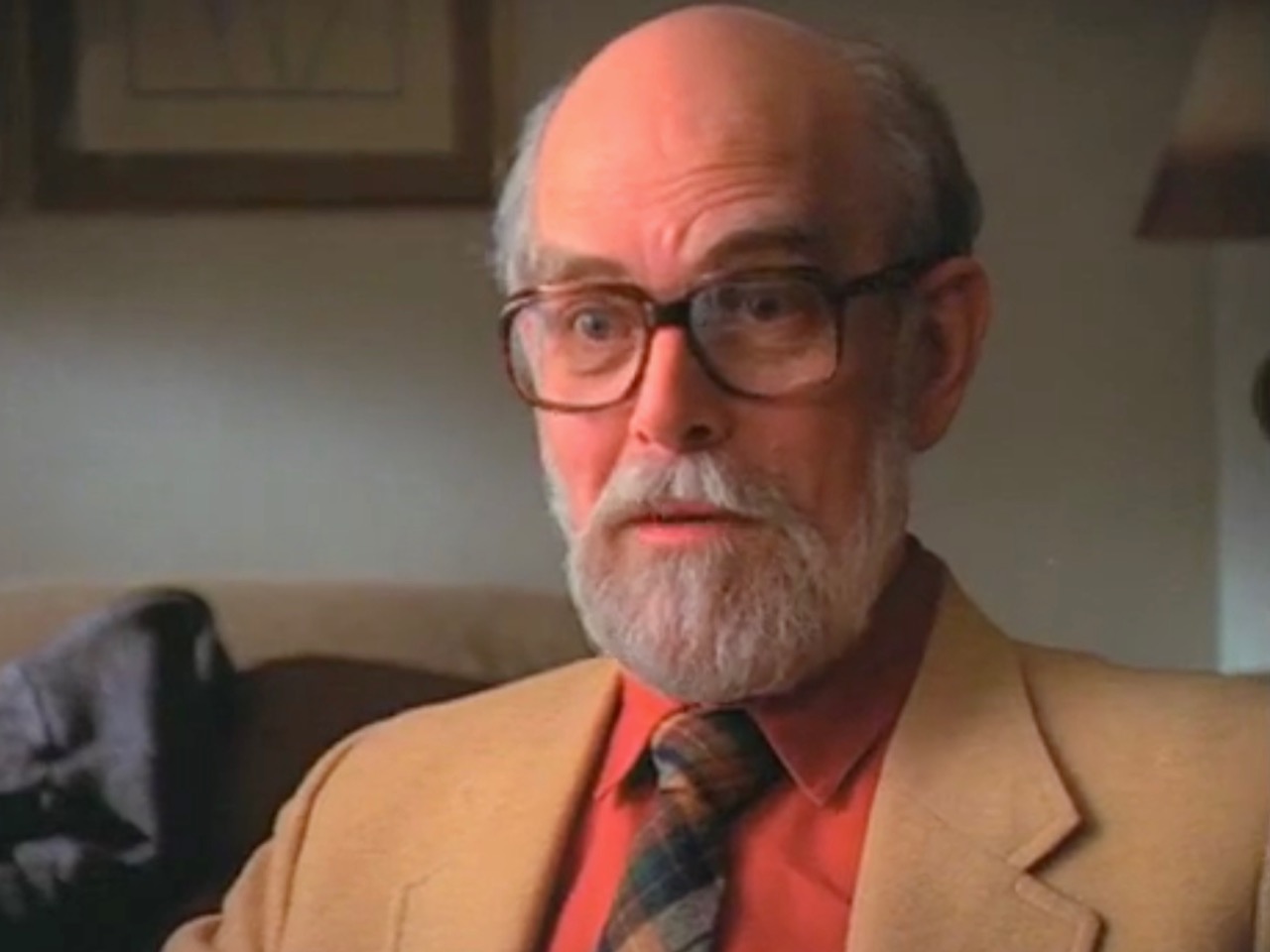of their assets. I was wondering if you could tell me something about the way agricultural prices fell. Do you have some examples of the kinds of changes there were in prices? During World War I there was a tremendous escalation in agricultural prices, same as there has been in WWII. When the war was over and demand had slackened from our allies and from ourselves to keep the army, a huge army afloat, prices fell where corn was worth about 23 cents a bushel, hogs about $3.40 a 100, cattle I think a dollar more about $4.40 a hundred, $4.50 a hundred, which was disastrous. Real estate taxes of course stayed at their inordinately high level like they are now. The counties didn't suffer, although there was some land taken over by counties for non-payment of taxes too, but there was a tremendous drop in asset value. So when the farm prices fell, can you kind of describe all the businesses in the area that would be affected as farmers couldn't pay back? Certainly it was a domino effect.
If you owed money that you couldn't pay the bank, not only could you not pay the bank, you couldn't buy your kids shoes, you couldn't buy clothing, you couldn't pay what the modest amount of tuition was in those days to send your kids to school, the book fees. The merchants went on credit, the grocery stores at that time were still selling groceries on credit instead of cash like they are now. So that meant that they were piling up tremendous amounts and there are people with whom they did business, their wholesalers were unable to collect their money. So it was just a, well domino is the only word to use. You told Robin something, I wonder if you could repeat it for me. You said that corn got so cheap that people were actually just burning it? Corn was so cheap that it was burned by some farmers for fuel in the winter time, shoveled it into the furnace. Corn was a very hot item as far as it creates a lot of heat, does a lot of damage to the stove but they needed to keep warm.
 Oscar Fendler Discusses Landlords, Tenant Farmers, and Sharecroppers (1992)
Oscar Fendler Discusses Landlords, Tenant Farmers, and Sharecroppers (1992)
 John Twist Discusses Poverty and Hunger (1993)
John Twist Discusses Poverty and Hunger (1993)
 Nancy Neale Talks About the Missouri Roadside Demonstration (1993)
Nancy Neale Talks About the Missouri Roadside Demonstration (1993)
 John Twist Discusses the Agricultural Adjustment Act and Its Consequences (1993)
John Twist Discusses the Agricultural Adjustment Act and Its Consequences (1993)
 Former Sharecropper George Stith Discusses the Agricultural Adjustment Act (1992)
Former Sharecropper George Stith Discusses the Agricultural Adjustment Act (1992)
 Oscar Fendler Discusses Evictions of Tenant Farmers and Sharecroppers (1992)
Oscar Fendler Discusses Evictions of Tenant Farmers and Sharecroppers (1992)
 George Stith Describes the Start of the Southern Tenant Farmers’ Union (1992)
George Stith Describes the Start of the Southern Tenant Farmers’ Union (1992)
 Nancy Neale Discusses the Formation of the Southern Tenant Farmers’ Union (1993)
Nancy Neale Discusses the Formation of the Southern Tenant Farmers’ Union (1993)
 Nancy Neale Talks About the STFU’s Decision to Be Interracial and Nonviolent (1993)
Nancy Neale Talks About the STFU’s Decision to Be Interracial and Nonviolent (1993)
 Miller Williams Discusses a Violent Response to the Union from White Southerners (1993)
Miller Williams Discusses a Violent Response to the Union from White Southerners (1993)
 Nancy Neale Discusses the STFU as a Model for Change to Come (1993)
Nancy Neale Discusses the STFU as a Model for Change to Come (1993)